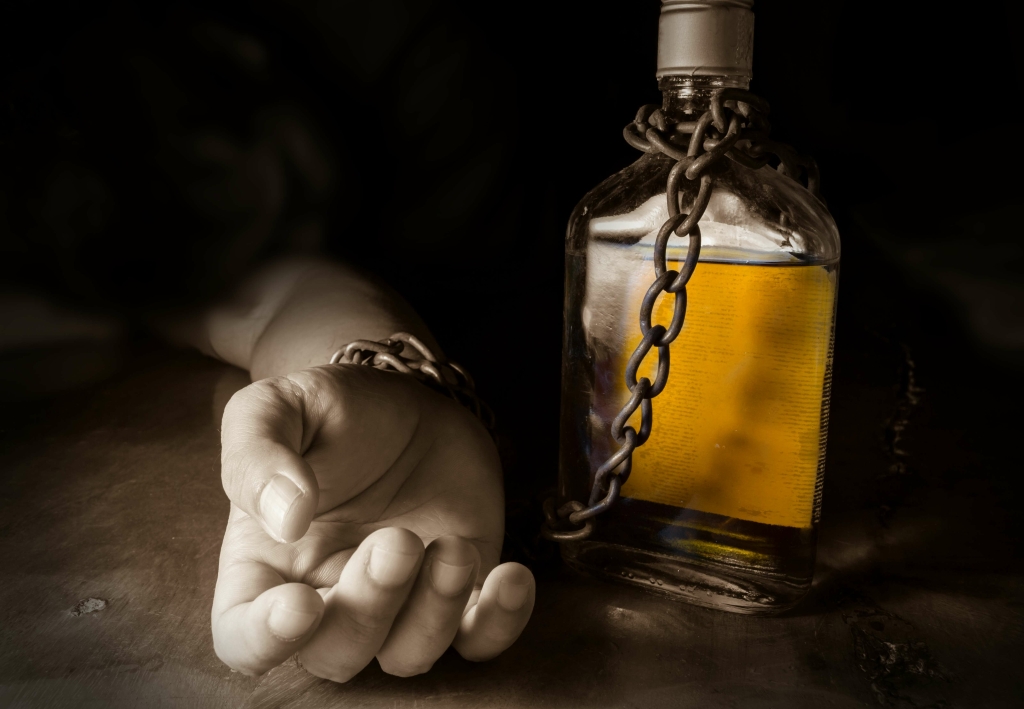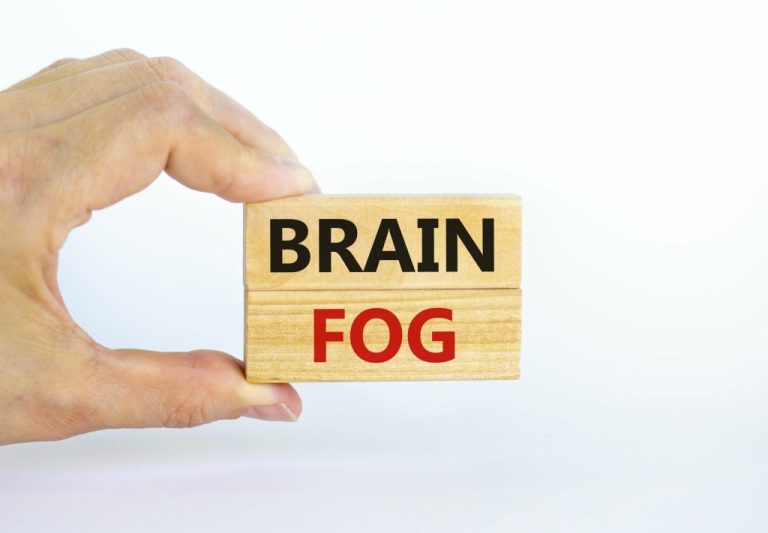Professional support helps you understand what led drinking again after sobriety to the relapse and how to prevent it from happening again. Different types of therapy address emotional, behavioral, and medical needs. Finding the right approach can rebuild confidence and stability.
How Long Is Alcohol Rehab? What to Expect
In summary, the concept of controlled drinking in the context of alcoholism is fraught with complexities and divergent opinions. While it offers a potentially less daunting goal than absolute abstinence for some, it also carries significant risks that cannot be overlooked. The debate underscores the importance of personalized approaches to recovery, taking into account the unique circumstances, risks, and resources of each individual. Alcoholism is often described in stages, from the initial phase of occasional binge drinking to the final stage of chronic alcohol dependence. Early stages may involve increased tolerance to alcohol and drinking for relief or comfort. As the disorder progresses, individuals may begin to prioritize drinking over other activities, leading to noticeable life problems or health issues directly related to alcohol use.
- We proudly admit and serve residents and patients without discrimination based on race, color, or national origin, providing equal access to high-quality, compassionate, and comprehensive care for all individuals.
- It teaches you how to overcome negative thinking, which is often at the heart of a relapse.
- This is how the cycle can continue, highlighting why recovery requires careful support and strategies to maintain lasting sobriety.
- Often, they’ll put undue pressure on you to do things “right”, even when that’s not working for you personally.
- In fact, you haven’t had a drink in months or maybe even years.
How to Deal with a Relapse of a Recovering Alcoholic
If you’re in a period of mental relapse, one of the best things you can do is work to find strategies to Drug rehabilitation avoid high-risk situations. You could, for example, be going over in your mind permitting yourself to use in a certain situation. It can be hard for you if you experience a mental relapse because you might have felt that you’d never think about using again after treatment. Alcoholism is defined as a chronic condition that is the most severe version of alcohol abuse. When someone has an alcohol use disorder, they can’t control their drinking and continue to drink even with negative side effects.
Tips to Help You Stay Sober
- Alcohol use disorder is a lifelong condition, which means someone who has struggled with addiction always carries a risk of relapse.
- For example, a study in Biological Psychiatry argues that “exaggerated reward center stimulation” puts some of us at greater risk than others — a predisposition that doesn’t disappear after a few months or years.
- So if they can’t maintain it, it’s their own personal failings that are the problem.
- The majority of recovering alcoholics aim to stay fully sober and not drink again after rehab.
- If it does happen several times, and the regularity seems to be increasing, they could be spiralling back into addiction.
Join our supportive sober community where each day becomes a step towards personal growth and lasting positive change. If you have relapsed, stop using the substance as quickly as possible. The longer you continue to use, the more complicated it can become to stop using, especially if it is a substance on which your body can become physically dependent, such as alcohol.
- The following are helpful recovery tips that can get you through a possible relapse.
- It is constructive if the relapse occurs due to a lack of social support.
- When a relapse happens at this stage, the damage can be irreversible.
- By seeking professional help, building a strong support network, and developing effective coping strategies, individuals can overcome the challenges of recovery and enjoy a fulfilling, alcohol-free life.
Navigating Social Situations Without Alcohol
In recovery, you may feel that you need extra support when going through the emotions of recovery. Support networks can help provide this type of support for recovering people. These networks can provide you with everything necessary for your recovery and address issues that may lead to relapse. You can find support networks in various places, including healthcare facilities and community organizations. Sometimes, even with counseling, therapy, and other factors, you are still struggling with addiction.

The risks of drinking again often outweigh any potential rewards, as even one drink can lead to relapse or undo years of hard work. Long-term recovery requires an unwavering commitment to sobriety and a willingness to seek help when needed. Harmony Ridge Recovery Center WV is here to provide the support and resources necessary for a healthier, alcohol-free life. If you or a loved one are navigating recovery, contact us today to take the first step toward lasting change.
Featured Programs

Options like naltrexone, acamprosate, and disulfiram help manage alcohol dependence. These treatments work best alongside counseling and behavioral therapy. For those needing structured care, inpatient alcohol rehab Pennsylvania offers provides 24/7 medical and emotional support. Rehab centers create a safe environment to focus fully on recovery. After inpatient treatment, outpatient programs help maintain progress. Finally, it’s worth mentioning that sobriety doesn’t look the same for everyone.
Biologically, genetic predispositions play a significant role, with research suggesting that genetics account for approximately 50% of the risk for AUD. Brain chemistry also plays a crucial role; alcohol affects the brain’s reward system, leading to increased dopamine release and reinforcing the behavior of drinking. Relapses can occur for many different reasons, and when this happens, it’s essential to identify the triggers. The person can avoid these triggers to prevent themselves from using alcohol again. If you have a family member or friend who pushes you to drink, try and distance yourself from this person because their influence will only lead to a relapse.